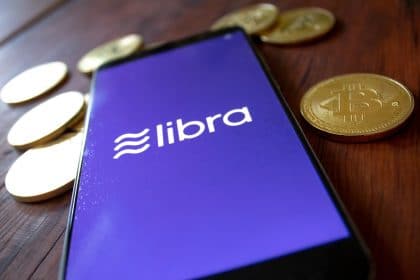The G7 countries noted that while private stablecoins offer an innovative approach to online transactions, they must be prohibited until proper regulations are in place after weighing all the possible risks and other security measures.
On Tuesday, October 13, the G7 countries said that they would oppose Facebook‘s Libra launch until proper regulations in place. However, the finance ministers and central bankers of the G7 economies have accepted that digital payments can improve the underlying financial infrastructure while cutting costs and other inefficiencies.
But the draft accessed by Reuters adds that such payment services need to be properly regulated and supervised. In no way they should undermine consumer protection, financial stability, privacy, cybersecurity, etc. The draft noted:
“The G7 continues to maintain that no global stablecoin project should begin operation until it adequately addresses relevant legal, regulatory, and oversight requirements through appropriate design and by adhering to applicable standards”.
The European Union and the European Commission have been outrightly opposing stablecoins by private players. They say that stablecoins pose a serious threat to the region’s financial stability and monetary policy. The G7 countries also noted that without supervision, the stablecoins including Libra could be used for money laundering and terrorist financing. They added that stablecoins could further compromise governance, integrity, etc.
Global Financial Institutions Working on International Regulations
Stablecoins in nature are not as volatile as other public cryptocurrencies. They are usually tied to fixed assets like traditional currencies and used for payments.
Global financial institutions have come together to have a coordinated and international approach to regulate stablecoins. This move comes as several central banking institutions are considering the launch of their own digital currencies. On Tuesday, October 13, the Financial Stability Board (FSB) has published another report for the regulation, supervision and oversight of “global stablecoin” (GSC) arrangements. The report notes:
“The emergence of GSCs may challenge the comprehensiveness and effectiveness of existing regulatory and supervisory oversight. The FSB has agreed on 10 high-level recommendations that promote coordinated and effective regulation, supervision and oversight of GSC arrangements to address the financial stability risks posed by GSCs, both at the domestic and international level. They support responsible innovation and provide sufficient flexibility for jurisdictions to implement domestic approaches”.
The G7 economies also noted that they are exploring several opportunities and risks associated with central bank digital currencies (CBDCs). The COVID-19 pandemic has changed the dynamics of the global economy with more businesses turning online. This has further accelerated the demand for online payments. This has also forced central banks to work aggressively on having their own CBDCs.
next